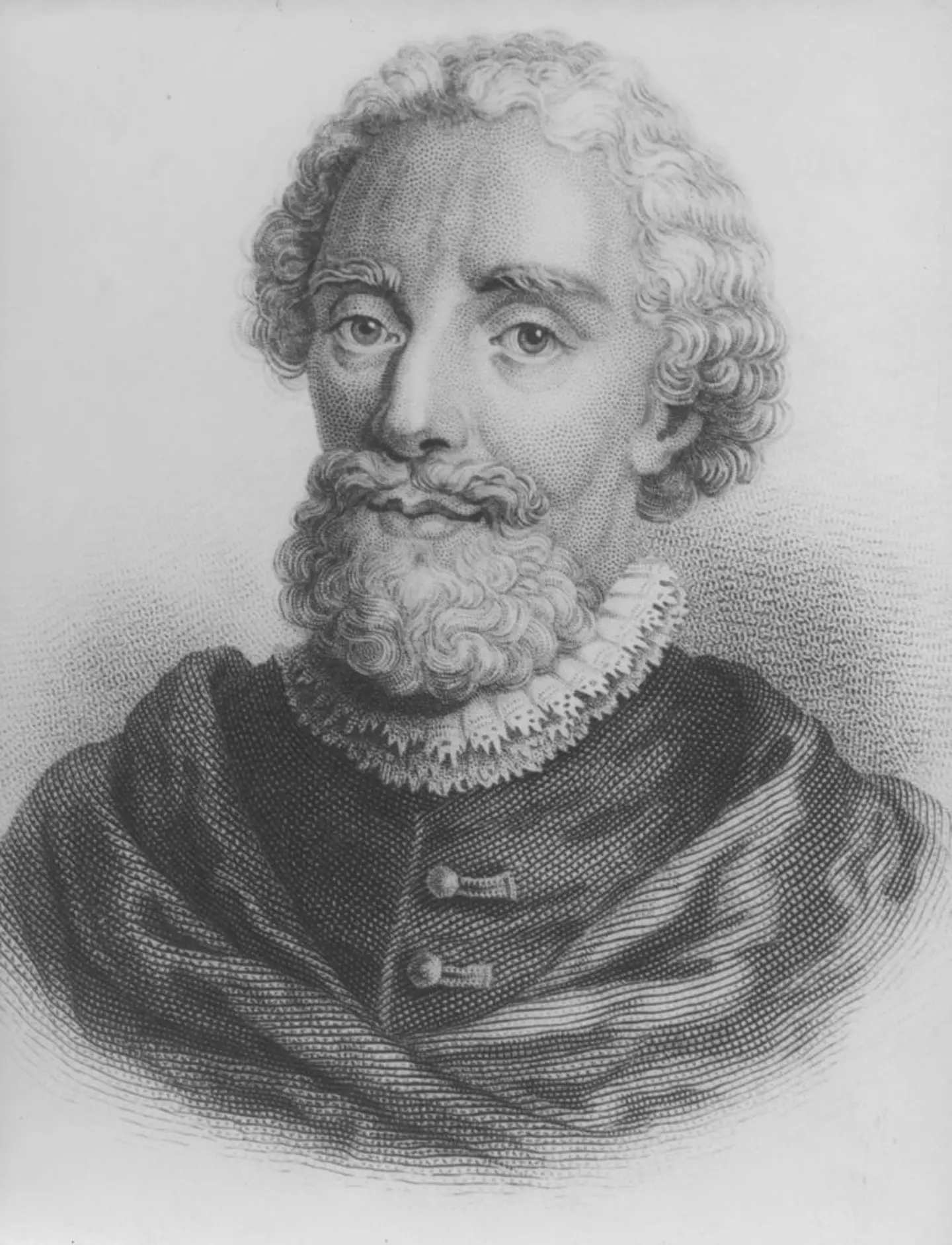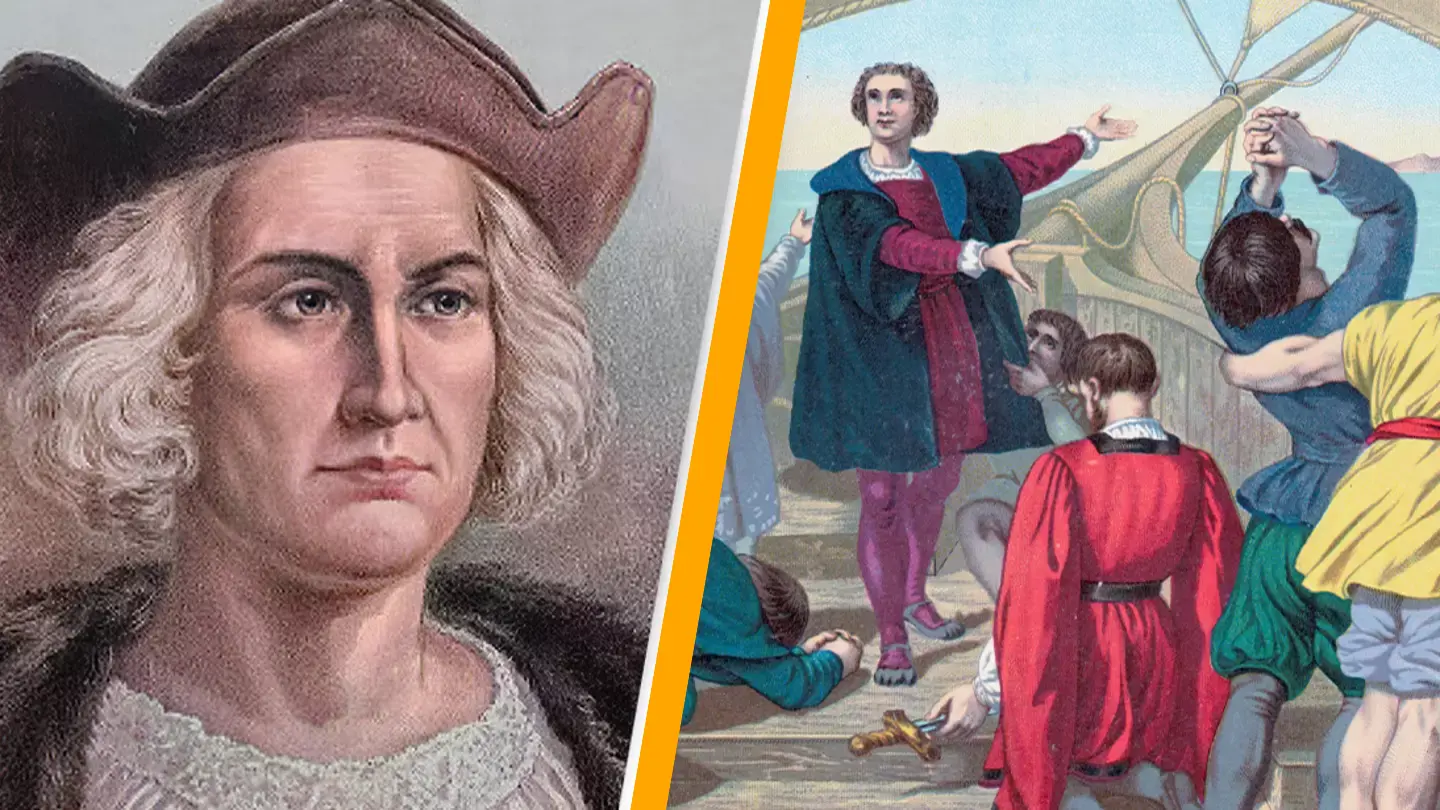An exhaustive investigation spanning two decades has cast doubt on the long-held belief that Christopher Columbus was a native of Genoa.
Known for his 15th-century travels, Columbus completed four voyages under the Spanish flag, leading to the accidental ‘discovery’ of the Americas in 1492.
Traditionally seen as a descendant of Genoa, an independent Italian republic during the 1400s, Columbus’s origins are now being questioned.

Recent findings suggest Columbus might have obscured his true heritage, potentially to conceal it from King Ferdinand II of Aragon and Queen Isabella I of Castile, who funded his voyages.
These Spanish monarchs, who supported Columbus’s journeys, issued the Alhambra Decree in the same year he made landfall in the Americas.
The decree followed Spain’s conquest of Granada, demanding that Jewish individuals convert to Catholicism or face expulsion.
Current genetic research proposes that Columbus could have been from the very community targeted by this decree.
The DNA analysis indicates Columbus may have been secretly practicing Judaism or had converted to Catholicism to avoid persecution.
The outcome of this extensive investigation was revealed in a special RTVE broadcast.
The program, named Columbus DNA: The True Origin, aired in alignment with the 532nd anniversary of his arrival in the Americas, dated October 12, 1492.
José Antonio Lorente, a forensic expert from the University of Granada, along with historian Marcial Castro, led this inquiry into Columbus’s background.
At Seville Cathedral, they examined his remains and identified DNA suggesting a Jewish lineage.
“We have very partial, but sufficient, DNA from Christopher Columbus,” Lorente stated, according to The Guardian.
“We have DNA from his son Fernando Colón, and in both the Y [male] chromosome and mitochondrial DNA [transmitted by the mother] of Fernando, there are traces compatible with a Jewish origin.

“The DNA indicates that Christopher Columbus’s origin lay in the western Mediterranean,” he continued. “If there weren’t Jews in Genoa in the 15th century, the likelihood that he was from there is minimal.
“Neither was there a big Jewish presence in the rest of the Italian peninsula, which makes things very tenuous.”
Lorente also dismissed Sicily as a possible birthplace for Columbus, noting the absence of any Italian or Sicilian linguistic traces.
“That all means that his most likely origin is in the Spanish Mediterranean area or the Balearic islands which belonged to the crown of Aragón at the time,” he concluded.
The BBC reports that there have been 25 varying theories on Columbus’ birthplace over time, with suggestions including Poland, Great Britain, Greece, Portugal, Hungary, and Scandinavia.

